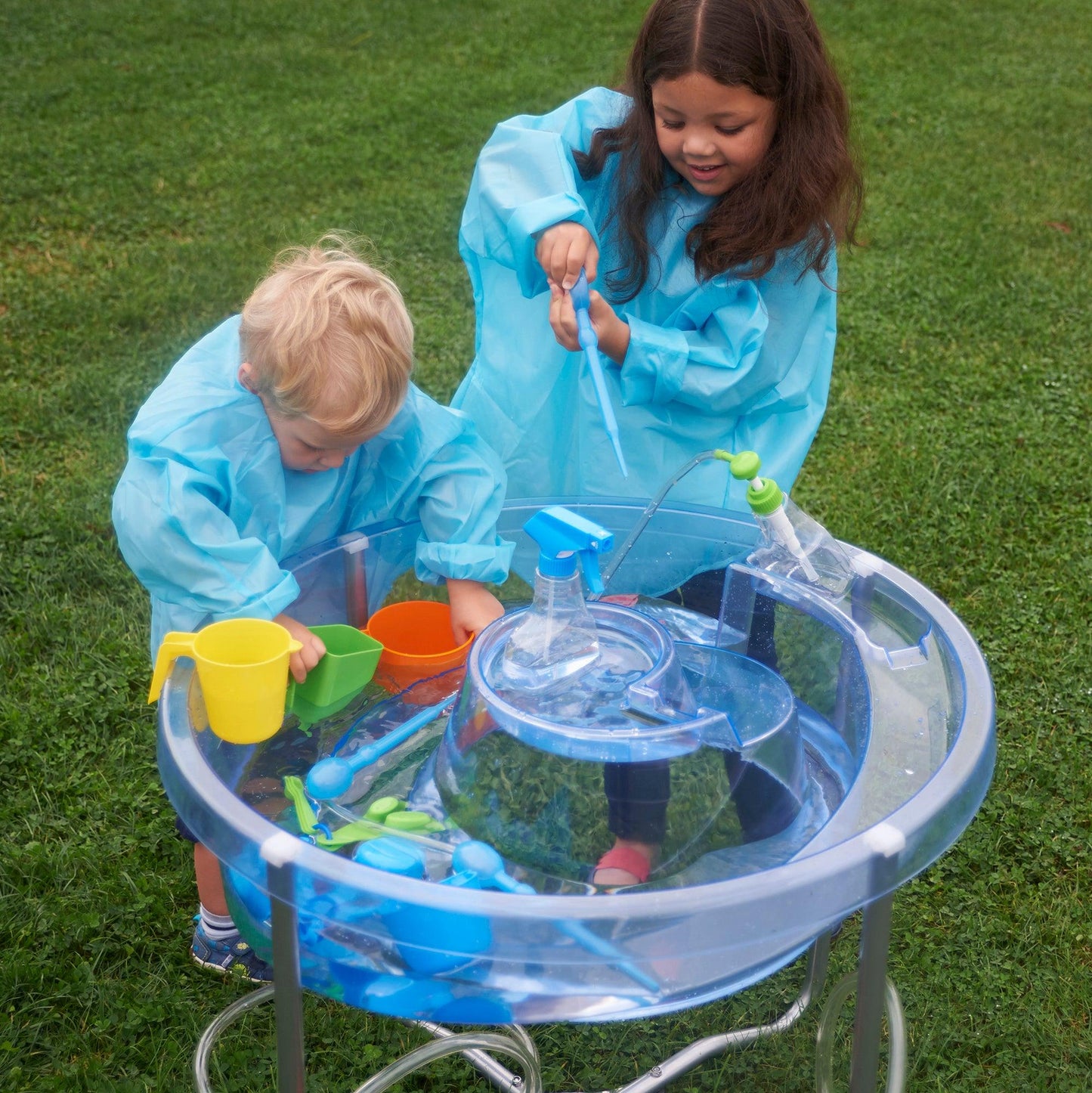
At Edx Education, we believe that play isn’t just a way to pass the time it’s how children learn best. For children who are neurodivergent, including those with autism and ADHD, play becomes even more vital. It provides an accessible, joyful path to explore the world, develop essential skills, and feel safe and confident. That’s why we design open ended resources like our Sand & Water Trays, Multipurpose Trays, and a wide variety of sensory play tools to create supportive, stimulating environments for all children to thrive.
It’s easy to overlook the simple joy of sensory play. But for children with additional needs, these types of activities are more than fun they’re therapeutic. They help regulate emotions, develop motor skills, encourage communication, and build resilience.
Why Sensory Play Matters for Neurodivergent Children
Children with autism and ADHD often experience the world differently. They may be hypersensitive or under-responsive to sensory input, which can impact how they learn, focus, and connect with others. Sensory play especially involving tactile experiences like sand, water, and textured objects can help bridge that gap.
Engaging with sand and water provides calming, repetitive movements that soothe the nervous system. Whether it's scooping, pouring, digging, or simply running fingers through the grains, these actions can help children self regulate. Our Edx Education Sand & Water Trays are thoughtfully designed to support these experiences deep enough for full sensory immersion and sturdy enough for both classroom and home environments.
For example, a child with autism may find comfort in repetitive pouring between cups, while a child with ADHD might focus more deeply when scooping sand through funnels or using tools to create shapes. These small but meaningful interactions help improve attention span, coordination, and social interaction when done in a group setting.
Creating Sensory Friendly Spaces at Home and in Classrooms
One of the easiest ways to support sensory development is to set up dedicated play areas using Edx Education’s resources. Here are some strategies to try:
1. Set up a sensory station:
Use a Multipurpose Tray to create themed sensory zones. Fill it with dry rice, coloured water, shaving foam, kinetic sand or natural materials like leaves and pebbles. Add cups, scoops, and toy animals or vehicles to extend imaginative play.
2. Keep it simple and consistent:
Routine is especially important for children with autism. Having a regular sensory activity each day, using the same tray and materials, builds familiarity and reduces anxiety.
3. Offer choice and independence:
Let children choose their tools and how they want to interact. One day it might be water pouring, the next it might be drawing in wet sand with a stick. Choice empowers them and encourages self-led learning.
4. Engage multiple senses carefully:
You don’t need flashing lights and loud music. Sensory play should be calm and gentle. Focus on textures, scents, and soft colours that soothe rather than overstimulate.
5. Bring in learning through play:
You can build maths into water play by measuring volume or counting scoops. Language development can be encouraged by talking through what’s happening (“Let’s scoop up the blue water into the big cup!”).
A Holistic Approach with Edx Education
All children deserve opportunities to explore the world in their own way. That’s why Edx Education supports parents and educators with tools, downloadable resources, and the Play, Learn & Create podcast, where we dive deep into the benefits of play-based learning. We’re passionate about helping every child develop the skills they need to thrive socially, emotionally, and cognitively.
Let’s embrace the power of play not just as a developmental tool, but as a way to connect, communicate, and care for our neurodivergent children.
So whether you're a parent looking to set up a sensory corner at home, or a teacher designing inclusive classroom environments, remember: with the right tools and a little imagination, play really can unlock the potential in every child.
Discover more sensory play ideas and expert advice on our podcast, Play, Learn & Create with Edx Education, and explore our full range of sensory resources at www.shopedx.co.uk
By Heather Welch, Author of Happy Children Play, Expert in Learning Through Play, and General Manager, Edx Education UK



